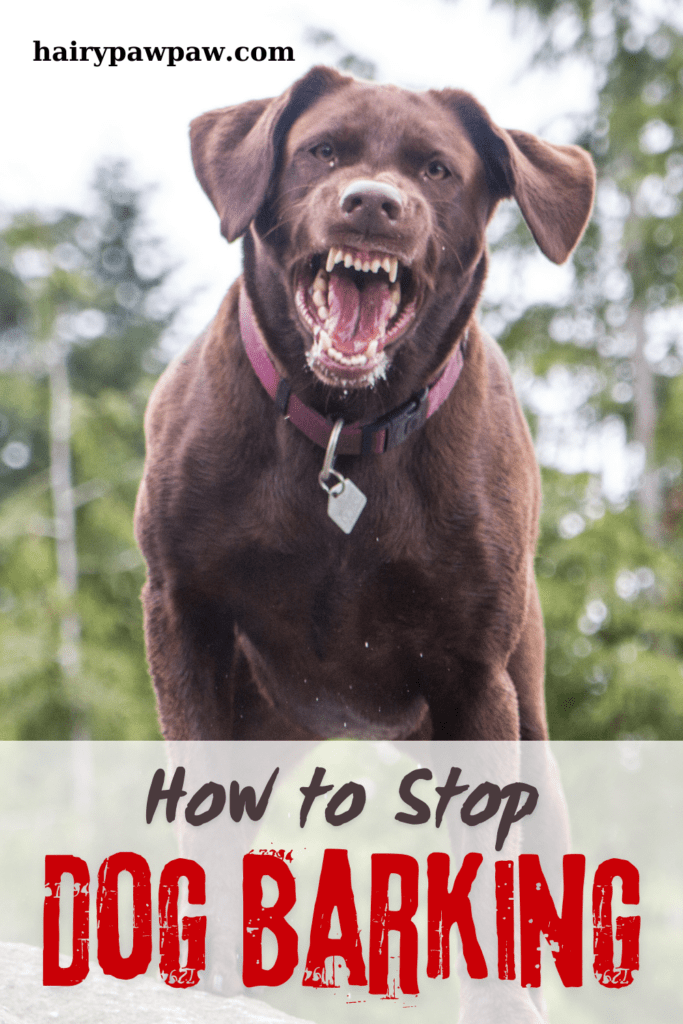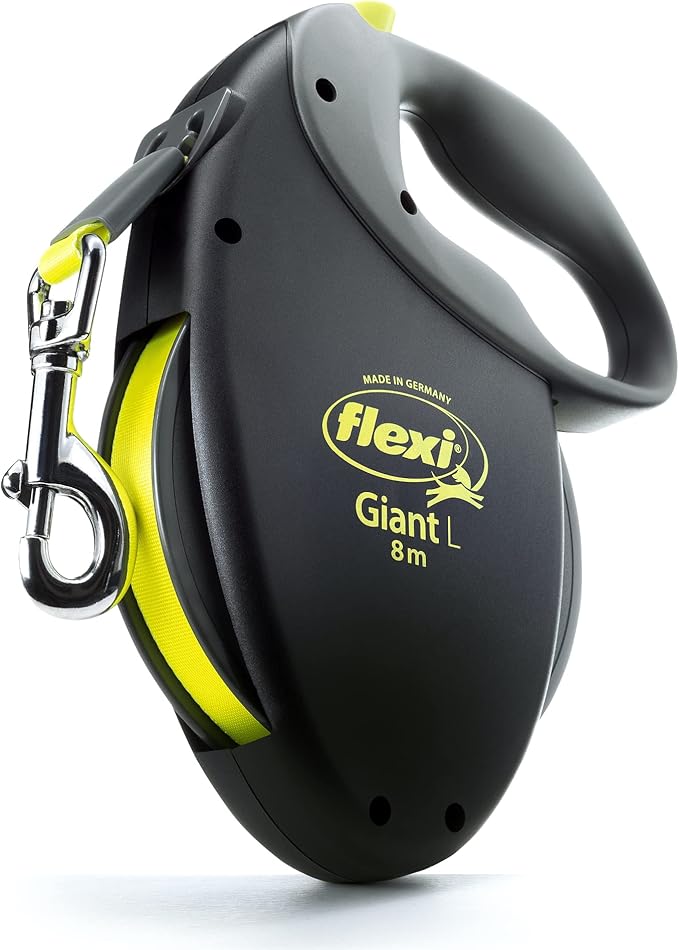This “How to Resolve Common Behavioral Issues in Dachshund” post may contain affiliate links, which means I’ll receive a commission if you purchase through my link, at NO EXTRA COST TO YOU
How to Resolve Common Behavioral Issues in Dachshund
Dachshunds, with their charming personalities and unique appearance, often win hearts worldwide. However, their strong-willed nature and hunting instincts can lead to behavioral challenges. Addressing these issues promptly ensures a well-behaved and happy companion. Understanding their tendencies and using effective strategies can make all the difference.

Barking Excessively
Dachshunds possess a loud bark, often used to alert owners of perceived threats. While their protective nature proves endearing, excessive barking can become a problem.
Why Dachshunds bark excessively:
- Territorial instincts
- Attention-seeking behavior
- Boredom or lack of stimulation
Solutions to control barking:
- Provide consistent training using commands like “quiet.”
- Reward calm behavior with treats and praise.
- Address boredom by increasing physical and mental stimulation.
- Avoid encouraging barking by not reacting to unnecessary noise.
Consistency and patience yield the best results when managing this issue.

How to Stop Excessive Dog Barking
Excessive barking can be a significant challenge for dog owners. While barking is a natural way for dogs to communicate, incessant barking can lead to frustration and stress for both you and your neighbors. Understanding why your dog barks excessively and implementing effective strategies to manage and reduce this behavior can help restore peace to your home.
Separation Anxiety
Dachshunds often develop strong bonds with their owners, making them prone to separation anxiety. This issue leads to destructive behaviors when left alone.
Signs of separation anxiety:
- Whining or barking excessively when you leave
- Chewing furniture or household items
- Accidents indoors despite being housetrained
Steps to ease separation anxiety:
- Gradually increase time spent apart to build independence.
- Use puzzle toys or treat-dispensing devices to distract them.
- Establish a routine that includes departures and returns without fanfare.
- Create a safe, comfortable space with their favorite toys and bedding.
Professional help may be necessary if anxiety persists.
Digging
As hunting dogs, Dachshunds dig instinctively to chase burrowing animals. However, excessive digging in gardens or yards can cause frustration.
Reasons for digging:
- Boredom or excess energy
- Instinctual hunting behavior
- Seeking comfort in hot or cold weather
How to prevent unwanted digging:
- Provide designated digging areas, such as a sandbox filled with toys.
- Exercise your Dachshund to reduce excess energy.
- Discourage digging in inappropriate areas by supervising outdoor activities.
- Reinforce good behavior with rewards when they use designated spots.
Redirecting their instincts proves more effective than punishment.
Stubbornness
Dachshunds often display a stubborn streak, making training sessions challenging. Their independent nature requires patience and consistency.
Overcoming stubborn behavior:
- Use positive reinforcement, such as treats and praise.
- Keep training sessions short and engaging to maintain focus.
- Be firm and consistent with rules to establish boundaries.
- Avoid giving in to their demands, as it reinforces bad habits.
Persistence ensures long-term success with this breed.
Aggression Toward Other Dogs
Dachshunds may exhibit aggression toward other dogs, especially when feeling threatened or insecure. Proper socialization reduces this behavior.
Why aggression occurs:
- Lack of early socialization
- Fear or territorial instincts
- Overprotectiveness of their owners
Steps to reduce aggression:
- Introduce them to other dogs in controlled environments.
- Use positive reinforcement to reward calm interactions.
- Avoid situations that trigger aggressive behavior.
- Consult a professional trainer if aggression persists.
Socializing early prevents many issues and fosters better relationships with other pets.
Leash Pulling
Dachshunds, driven by their curiosity and hunting instincts, often pull on the leash during walks. This behavior can make walks unpleasant and unsafe.
How to stop leash pulling:
- Use a well-fitted harness to reduce strain on their neck.
- Stop walking immediately when they pull and resume only when they calm down.
- Reward them for walking beside you without pulling.
- Practice loose-leash walking in distraction-free environments before progressing to busier areas.
Consistency ensures smoother walks over time.


Protectiveness Over Food or Toys
Dachshunds sometimes guard resources, growling or snapping to protect their possessions. Resource guarding can escalate if not addressed.
Handling resource guarding:
- Teach the “leave it” and “drop it” commands.
- Trade the guarded item for high-value treats to create positive associations.
- Avoid taking items away abruptly, as it increases guarding tendencies.
- Feed them in a quiet space to reduce stress during meals.
Building trust resolves guarding behavior effectively.
Jumping on People
Excitement often leads Dachshunds to jump on people, which can become problematic. Teaching proper greetings prevents this behavior.
Training tips to stop jumping:
- Ignore them when they jump and only reward calm behavior.
- Teach them to sit when greeting people.
- Encourage guests to follow the same rules to reinforce training.
Clear boundaries ensure polite interactions.
Chewing Inappropriate Items
Dachshunds, especially puppies, chew to explore their environment or relieve teething discomfort. However, chewing on inappropriate items can lead to accidents.
Preventing destructive chewing:
- Provide plenty of chew toys suitable for their size.
- Supervise them and redirect chewing to appropriate items.
- Use deterrent sprays on furniture or cords.
- Rotate toys regularly to keep them engaged.
Positive reinforcement encourages appropriate chewing habits.



Maintain Regular Training and Mental Stimulation
Addressing behavioral issues requires consistent effort. Regular training sessions and engaging activities keep Dachshunds mentally and physically satisfied. A balanced approach ensures their happiness and strengthens your bond.
By understanding the root causes of common behavioral issues, you can implement effective solutions. Your commitment and consistency lead to a well-behaved and loving Dachshund.

10 Best-Selling Strollers for Small Dogs
When it comes to pampering your small dog, a stroller can be a game-changer, offering convenience, comfort, and a safe way to travel with your furry friend. Whether you’re taking a stroll around the neighborhood, heading to the vet, or going on an outdoor adventure, the right stroller can make all the difference.



